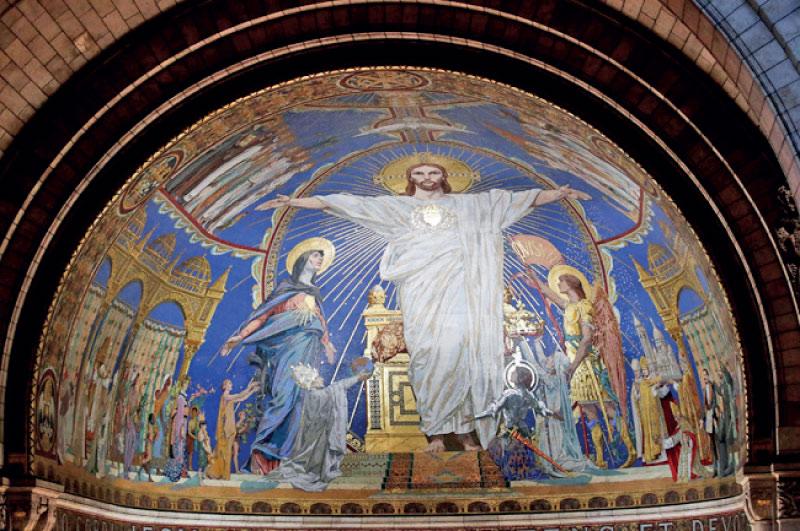Reply To:
Name - Reply Comment

John 3:16 is probably the most well-known Bible verse: “For God so loved the world that he gave his only begotten Son, that whoever believeth in him should not perish, but have everlasting life.” This passage shows us how Saul (Paul) of Tarsus found room in the “whosoever” word the Lord used, and how he turned it into great zeal to proclaim the name of the Lord who saved him.
John 10:10-18, 3:16 the thief who comes to steal and destroy. Jesus comes to give us life more abundantly. He would accomplish this—as a good shepherd would—by laying His life down for His sheep Jesus would lay down His own life as a sacrifice for sin so that those who believe in Him would not be lost (perish) but would have eternal life—God would give them life more abundantly
John 14:27 Peace I leave with you; my peace I give you. I do not give to you as the world gives. Do not let your hearts be troubled and do not be afraid.
At Christmas Holy Mother the Church commemorates liturgically the historical coming of Jesus Christ, who was incarnated in the womb of His Mother the Most Blessed Virgin Mary who gave birth to our Blessed Saviour as foretold by the Prophet Micah 5:2 in Bethlehem which is a celebration of the grandeur of life which was a creation of God. “You Bethlehem Ephrathah, though you are small among the clans of Judah, out of you will come for me one who will be ruler over Israel, whose origins are from of old, from ancient times”
Pope St. John Paul II in the opening paragraphs of his Encyclical Evangelium Vitae on the value and inviolability of human life has this to say
“At the dawn of salvation, it is the Birth of a Child which is proclaimed as joyful news: “I bring you good news of a great joy which will come to all the people; for to you is born this day in the city of David a Saviour, who is Christ the Lord” (Lk 2:10-11). The source of this “great joy” is the Birth of the Saviour; but Christmas also reveals the full meaning of every human birth, and the joy which accompanies the Birth of the Messiah is thus seen to be the foundation and fulfillment of joy at every child born into the world (cf. Jn 16:21).
The Encyclical goes on to state further that “It is thus the Law as a whole which fully protects human life. This explains why it is so hard to remain faithful to the commandment “You shall not kill” when the other “words of life” (cf. Acts 7:38) with which this commandment is bound up are not observed. Detached from this wider framework, the commandment is destined to become nothing more than an obligation imposed from without, and very soon we begin to look for its limits and try to find mitigating factors and exceptions. Only when people are open to the fullness of the truth about God, man and history will the words “You shall not kill” shine forth once more as a good for man in himself and in his relations with others. In such a perspective we can grasp the full truth of the passage of the Book of Deuteronomy which Jesus repeats in reply to the first temptation: “Man does not live by bread alone, but ... by everything that proceeds out of the mouth of the Lord” (Dt 8:3; cf. Mt 4:4).
“Human life is sacred because from its beginning it involves the creative action of God’, and it remains forever in a special relationship with the Creator, who is its sole end. God alone is the Lord of life from its beginning until its end: no one can, in any circumstance, claim for himself the right to destroy directly an innocent human being”.41 With these words the Instruction Donum Vitae sets forth the central content of God’s revelation on the sacredness and inviolability of human life.”
There can be no true democracy without recognition of every person’s dignity and without respect for his or her rights. Nor can there be true peace unless life is defended and promoted. As Paul VI pointed out: “Every crime against life is an attack on peace, especially if it strikes at the moral conduct of people... But where human rights are truly professed and publicly recognized and defended, peace becomes the joyful and operative climate of life in society”.137
St Augustine remarks: “Man, who could be seen, was not to be followed; God who could not be seen was to be followed. In order therefore that one might be shown to man, who could be seen by man and followed by man, God, was made man”
Ridley Casie Chitty